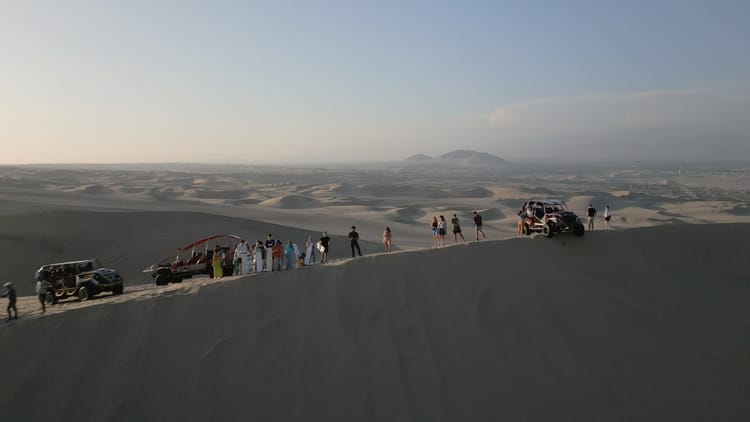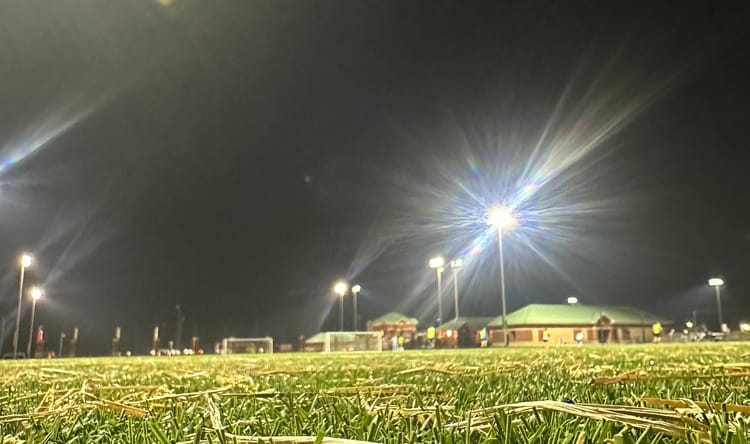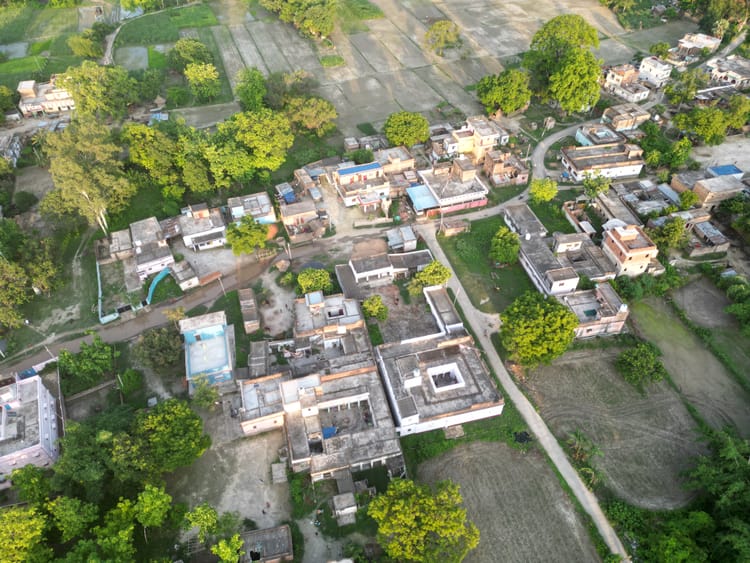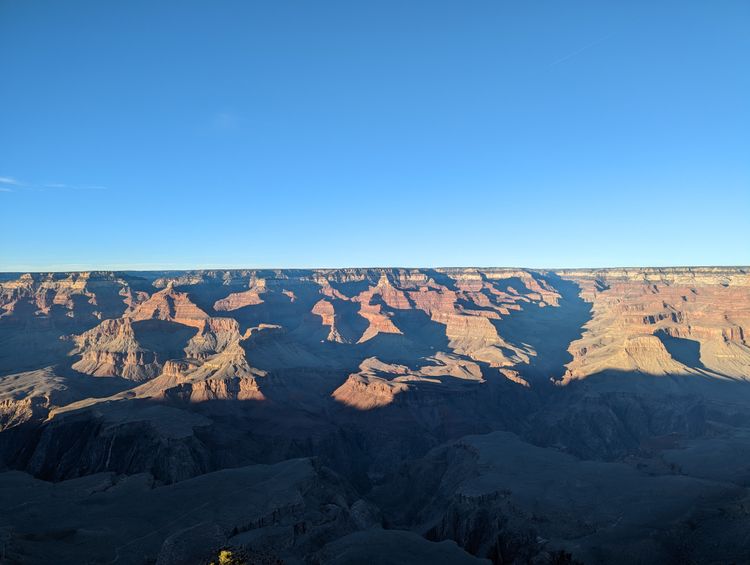Reflecting on being an optiMize mentor
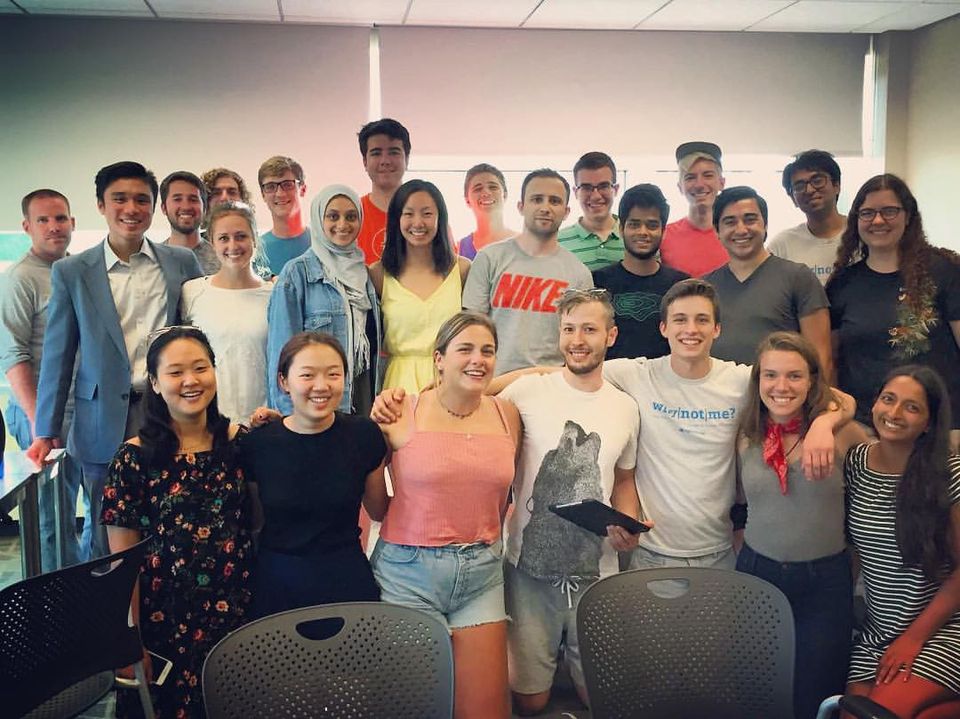
Last weekend, I had the privilege of helping select the 2018 optiMize Fellows. We awarded over 200,000 dollars to 27 different teams to bring their ideas to life. This event was an opportune time to reflect on my involvement in the community after my 2017 summer fellowship.
For recap, optiMize is a student-run, staff-supported organization at the University of Michigan. It offers workshops, mentorship, and funding for students to create self-directed projects that make the world more just and sustainable. The primary program optiMize conducts every school year is the Social Innovation Challenge, a six-month long incubator for student-led projects which asks students to look around to problems they care about solving and ask themselves “why not me?”. Everyone is welcome to participate, irrespective of their experience level. optiMize’s supportive community meets each individual where they’re at to help them take their next steps.
7 months ago, I would have dismissed the thought of being a mentor. And yet here I am after the weekend workshops and mentor check-ins, meeting with students, understanding their challenges, and plotting a way forward. What changed my mind? Besides being an incubator, optiMize is a community, a place where students are met with support and enthusiasm. An embrace of everyone, meeting people where they are, and lifting up as many as possible are part of the organization’s mission.
The strong guiding principles and community make optiMize unique at the University. Its model of guiding principles and community-based operating style are what I call the optiMize way. This approach has profoundly influenced me and my organizations. I have also adopted this approach in my work as a resident advisor and other capacities as a mentor and community builder.
We heard 44 pitches Friday night and continued through all day Saturday into Sunday morning. A diverse range of students composed these teams and addressed a broad set of problems. One team addressed literacy and book access by building pop-up libraries in homeless shelters. Another team pitched a prototype aquaponics system for sustainable food production. One first-year student talked about an alternative and virtual reality group he started. Although I was physically exhausted by the end of the weekend, I loved hearing how students had spent their time in the challenge and grown.
We heard from many great ideas but there were more teams than funding. What transpired next was the most eye-opening thing of the weekend. Sunday afternoon, a selection committee comprised of 25 optiMize community members came together. Former fellows, mentors, and optiMize student leaders collectively determined funding by consensus. Seeing consensus decision-making across different age groups, academic disciplines and opinions was illuminating. The process was long and deliberate at times. The ensuing discussion intense, complex and by no means easy. Individually we may not have gotten exactly what we wanted, but everyone left that room perfectly okay with the decisions; and that is the beauty of consensus-based decision making. Imagine if a governing body like Congress were to pick up this model of decision making… either we would see better supported policies and more laws or greater chaos.
In my time with optiMize, I have learned how to listen to ideas and give objective feedback and share my own stories. It has been an absolute privilege to work with the optiMize team and provide mentorship to the challenge participants. I am excited to see how empowered students will tackle problems they are passionate about. I also look forward to how the optiMize model of hands-on, student-led education will transform higher education in the years to come.
Go check out the 2018 optiMize Fellows!
